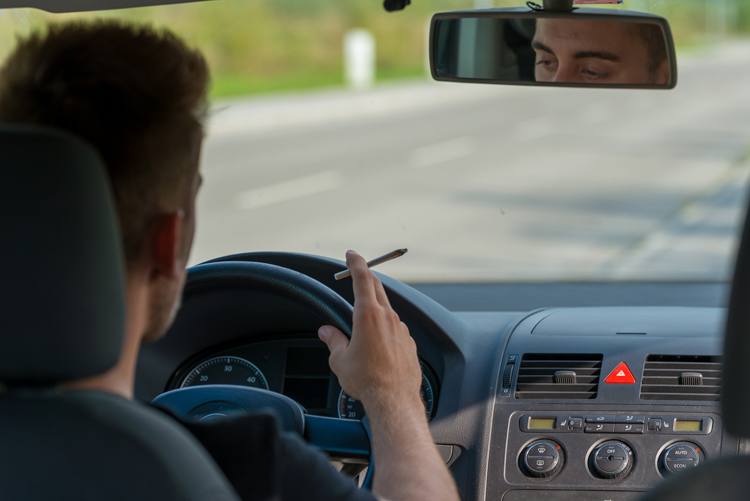Are forensic laboratories across Canada about to be overwhelmed by samples of blood, urine, saliva and hair when recreational marijuana becomes legal?

That’s what Public Safety Canada wants to know as the government inches forward on its pledge to legalize the drug. Prime Minister Justin Trudeau has promised legislation will be tabled by the spring, and a distribution system could be in place by early 2018.
READ MORE: What happens when you’re caught driving stoned?
But as pot enters the legal marketplace, Ottawa has already said that it expects an upswing in the number of people using it. And that means more people misusing it.
In documents published Monday morning, Public Safety Canada notes that as usage increases, police may soon be doing a lot more testing for the presence of marijuana in a person’s system.
“It should be expected that the number of samples requiring lab analysis will increase dramatically once cannabis is legalized, simply because the police will be reacting to the new regime with a similar approach as they do for driving under the influence of alcohol,” the documents note.
“Roadside checks and random screening of drivers for drugs will likely occur more often, thus increasing the number of samples that will need to be tested for drugs.”
WATCH: Education on drugged driving key leading up to legalization, says CAA

In anticipation of that influx, the government is looking to hire an outside contractor to determine if labs across the country will be able to handle so many samples.
80 labs to be surveyed
The contractor will be tasked with sending out a questionnaire to about 80 Canadian labs and an undetermined number of American labs, according to the documents. The final report will then need to provide recommendations for how to avoid backlogs.
READ MORE: N.B. medical marijuana test lab sees opportunity in legalization
The fact that American labs are being included in the study suggests Canada might look south of the border to help keep up with the increased workload, said Christine Nielsen, CEO of the Canadian Society for Medical Laboratory Science (CSMLS), the professional society for Canada’s medical laboratory workers.
“They may already know there’s no capacity in Canada,” Nielsen said. “That would be what we call a ‘send out.’ That means it has to go somewhere for timely testing.”
Different provinces will also have different capacity to test samples, she noted, and a lot will depend on the type of test that will be used to measure the drugs in someone’s system.
“Especially when you’re dealing with a justice case, (the tests) are life altering,” Nielsen said. “We just want to make sure that the facilities that are assigned this work have the proper standards in place.”
Alternatives
If it turns out Canada’s labs can’t handle a looming increase, officials might need to look at alternate forms of testing that could detect the amount of THC in someone’s system on the spot; something akin to a glucose meter.
The problem is that the law doesn’t yet have limits to determine when someone is impaired by drugs while driving. In 2007, researchers suggested an upper limit of seven-10 nanograms of THC per millilitre of blood as a measure of impairment, which they argued was equivalent to a blood-alcohol level of 0.05 per cent.
But on-the-spot testing can be very expensive, Nielsen said. Sending bodily fluid samples to labs in the U.S. for measurement might be the cheaper option.
WATCH: ‘Drugged Driving Suit’ simulates the physical impact of drug impairment

In the documents released Monday, Public Safety Canada notes that legalization will also mean an increase in marijuana test requests from insurance companies and private employers, who may require that people not use pot in order to do their jobs or qualify for coverage.
On top of that, demand for many other types of laboratory testing has been going up due to the aging population, and there is also currently a shortage of laboratory professionals in Canada.
“This could be a burden to the system, without a doubt,” Nielsen said.
“I think it’s really positive that the government is trying to assess capacity before they implement the actual policy.”
With files from Patrick Cain.




Comments